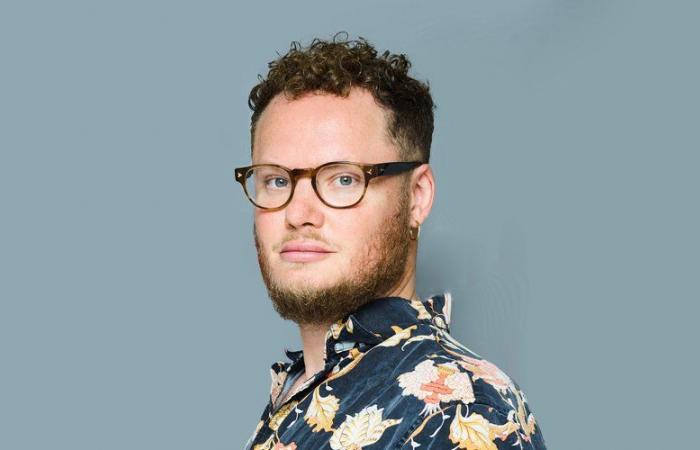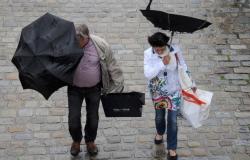
the essential
The Toulouse writer and doctor Baptiste Beaulieu recounted this Tuesday on Instagram the homophobic attack on the part of a patient. The practitioner confides his dismay in the face of recurring violence in his profession.
He says it himself: this is not a first. But still one too many. This Tuesday, doctor and writer Baptiste Beaulieu was attacked by a patient in the medical office where he practices in Toulouse. “This morning, a full waiting room (it was a public holiday yesterday…) a patient wants to pass in front of everyone without a valid medical reason, I tell him no (there are babies waiting). In short, he speaks to me badly , I set my limits and he pulled the pin: he raised his hand on me,” says the GP on his Instagram account.
“It’s not the first time this has happened and sometimes I wonder why I continue to hurt myself by trying to treat rabid people,” explains the man who has just released a new book “Not all silence makes same noise” where he talks about his journey as a homosexual.
And it was in the face of homophobia that he was again confronted with this patient who raised his hand against him. “He stopped at the last moment, then he called me a dirty PD, and agonized with insults of all kinds, before threatening me to come 'a moment when there would be no more patients in the room 'waiting to explain himself between men', then he ends his tirade by making fun because my voice trembled for a moment”, he says on the social network.
But if he shook, the doctor explains that it is not out of fear. “My voice shook because the moment you said “dirty PD” I KNEW that I had no choice but to file a complaint against you and that (despite everything) I like you. You weren’t a boring patient, I mean,” he explains, indicating that he had filed a pre-complaint online.
“It’s getting harder and harder to believe in this profession and find meaning in it”
On several occasions, the person who writes a column on France Inter said he was sorry: that colleagues also suffer this type of attack, “that social injustice generates social violence among the most vulnerable in the system”, “that this social violence is expressed in this way”, “that we live in a society where communicating has become so difficult”.
“What saddens me is having asked the other patients if I had been unpleasant or disrespectful to you (as if it could be my fault if a patient came to threaten me with death). Which saddens me is “is having heard patients tell me that no, I had not been disrespectful, which makes your violence even more absurd (once again I liked you)”, he continues. He also deplores that children present in the waiting room witnessed this violence or that “political decision-makers are not confronted with this daily violence that their liberal policies generate”. Before the networks go wild, he refuses to “be used by racists (I'll stop them right away, the guy is white and his name is Bernard)”.
Before concluding: “It's getting harder and harder to believe in this profession and to find meaning in it. Basically, I do this profession because I love people. I love them less and less and a One day I would stop because it is better to stop than to continue hating the whole world.”





